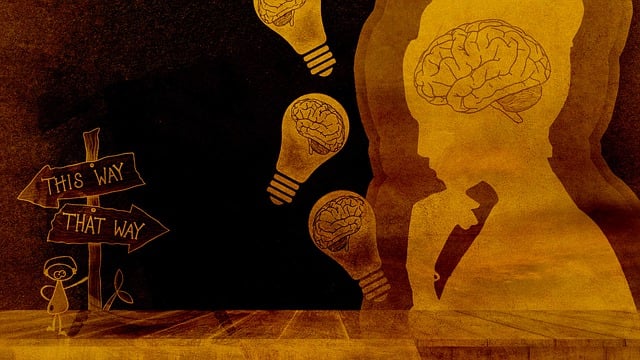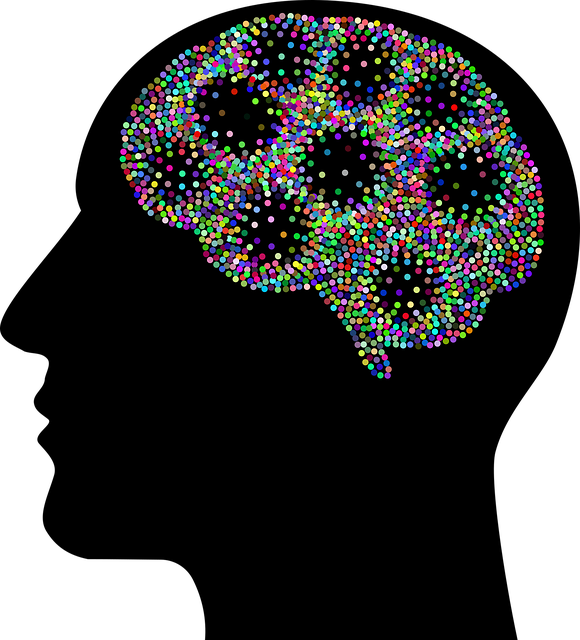Social Skills Training (SST), integrated with Cognitive Behavioral Therapy (CBT) techniques, offers a powerful therapeutic approach for older adults with mental health conditions. By combining practical strategies, role-playing, and CBT principles like addressing negative thought patterns, SST enhances emotional regulation, confidence, and social interactions. Tailored to elders' specific needs, this therapy improves quality of life, well-being, and risk management in both clients and healthcare practitioners, making it an effective and comprehensive treatment for this demographic.
Social skills training is a powerful tool for improving mental health, offering a comprehensive approach to enhancing interpersonal interactions. This article explores effective strategies, with a focus on Cognitive Behavioral Therapy (CBT), as a proven method to foster social abilities. We delve into tailored programs for elderly individuals, addressing their unique needs and challenges in today’s social landscape. Discover how CBT can revolutionize support systems, fostering better connections and overall well-being for seniors grappling with mental health conditions.
- Understanding Social Skills Training: A Comprehensive Approach for Mental Health
- Cognitive Behavioral Therapy (CBT): An Effective Tool in Social Skills Development
- Tailoring Social Skills Training for Elderly Individuals with Mental Health Conditions
Understanding Social Skills Training: A Comprehensive Approach for Mental Health

Social Skills Training (SST) is a comprehensive approach designed to enhance social interactions and communication for individuals with mental health conditions. This therapeutic technique goes beyond traditional talk therapy by focusing on practical, real-world scenarios where clients can learn and practice essential social skills. SST is beneficial for various mental health issues, including those commonly experienced by elders, such as depression, anxiety, and social isolation.
The process involves teaching specific communication strategies, helping individuals recognize and manage their emotions during social situations, and fostering resilience in navigating challenging interactions. By combining elements of Cognitive Behavioral Therapy (CBT) with role-playing exercises and feedback, SST empowers participants to build confidence in their ability to engage socially, thereby improving overall mental health and well-being. Additionally, risk management planning is integrated into the training for mental health professionals, ensuring a safe and supportive environment for both clients and practitioners.
Cognitive Behavioral Therapy (CBT): An Effective Tool in Social Skills Development

Cognitive Behavioral Therapy (CBT) has emerged as a powerful tool in the realm of mental health treatment, particularly effective for social skills development among older adults. This form of therapy helps individuals identify and challenge negative thought patterns, replacing them with more positive and realistic ones. By focusing on the connection between thoughts, feelings, and behaviors, CBT enables people to navigate social situations more effectively. Through structured conversations, therapists guide clients in understanding their emotions, managing distress, and enhancing communication skills, thereby fostering better interactions with peers and loved ones.
For elders dealing with mental health conditions, CBT offers a structured approach tailored to address specific challenges they may face in social settings. The therapy facilitates emotional healing processes by teaching coping strategies and promoting self-awareness. Moreover, it aids in risk management planning for mental health professionals, ensuring specialized care for this demographic. Public awareness campaigns development can further highlight the benefits of CBT, encouraging more individuals to seek support and potentially improving overall community well-being.
Tailoring Social Skills Training for Elderly Individuals with Mental Health Conditions

Social Skills Training (SST) tailored for elderly individuals with mental health conditions can significantly enhance their quality of life and overall well-being. Given the unique cognitive and physical needs of elders, SST should focus on age-appropriate activities that promote emotional expression, effective communication, and positive thinking. Cognitive Behavioral Therapy (CBT), a widely recognized therapy for various mental health conditions, offers valuable tools for older adults to manage stress, anxiety, and depression while fostering resilience.
Tailoring SST with techniques like CBT encourages elders to develop coping mechanisms tailored to their experiences. Additionally, incorporating emotional well-being promotion techniques can help them build confidence and improve social interactions. Equally important are conflict resolution techniques, which teach them to navigate challenging situations respectfully, thereby enhancing their overall ability to engage in meaningful social connections.
Social skills training, particularly cognitive behavioral therapy (CBT), offers a comprehensive and effective approach to enhancing mental health, especially for elderly individuals. By tailoring these programs to specific needs, we can significantly improve social interactions and overall well-being in this demographic. CBT provides practical tools to navigate social situations, fostering better connections and a higher quality of life for those managing mental health conditions. This tailored training is a game-changer in providing support tailored to the unique challenges faced by elders.














